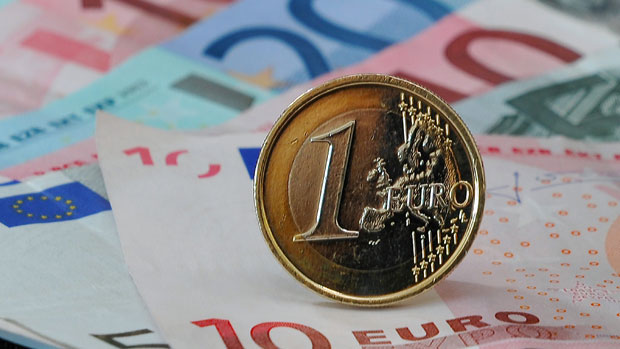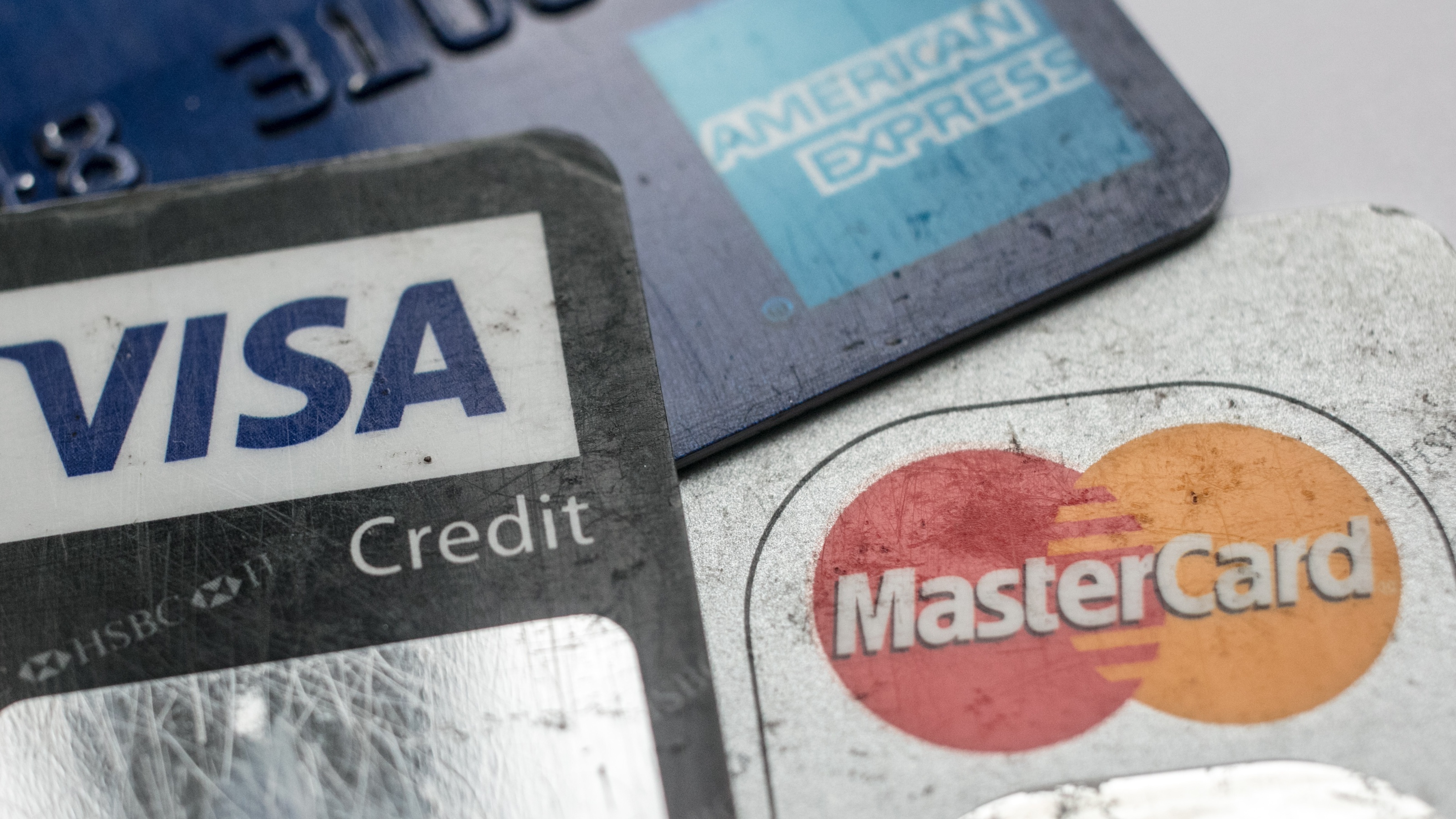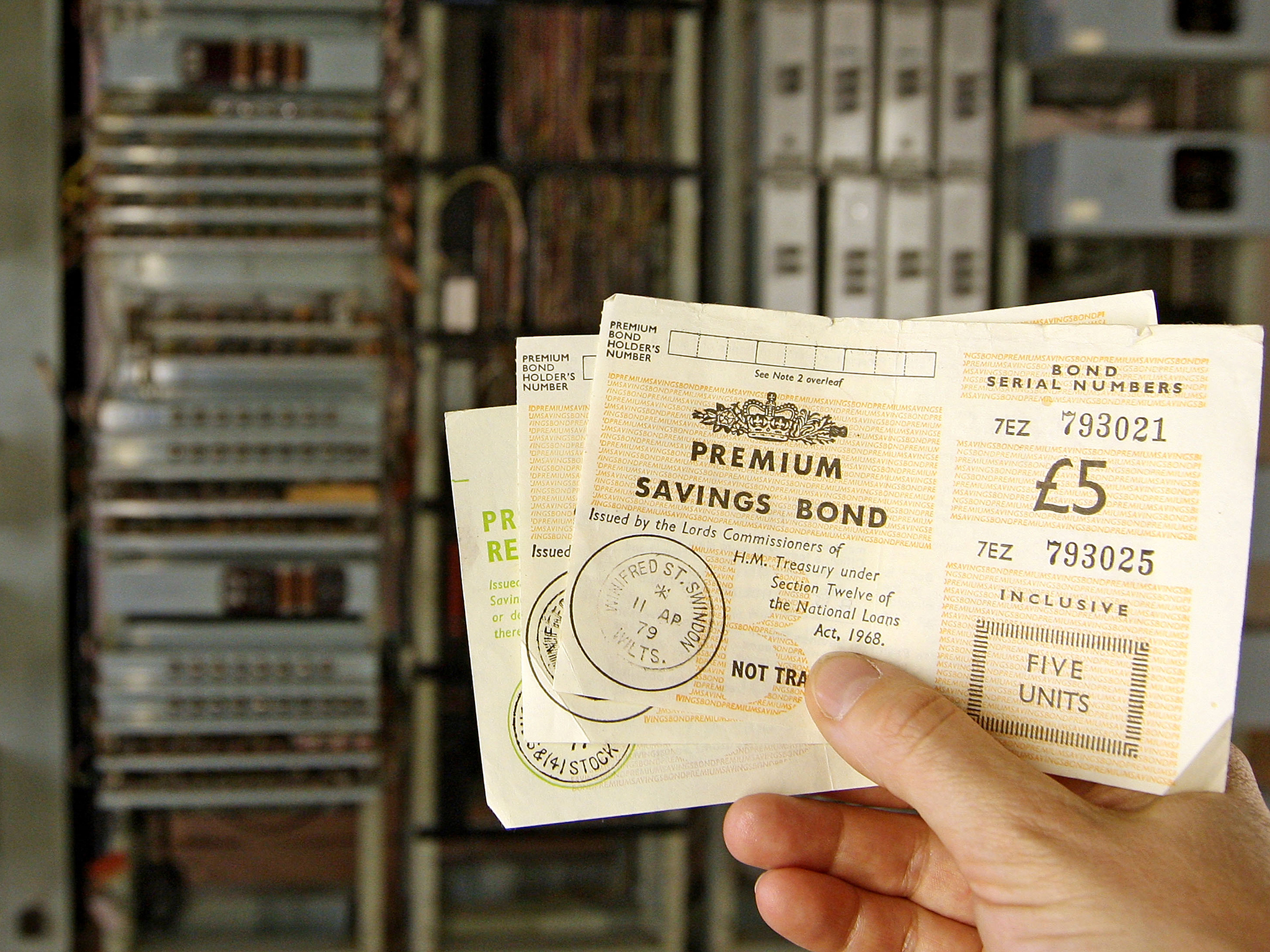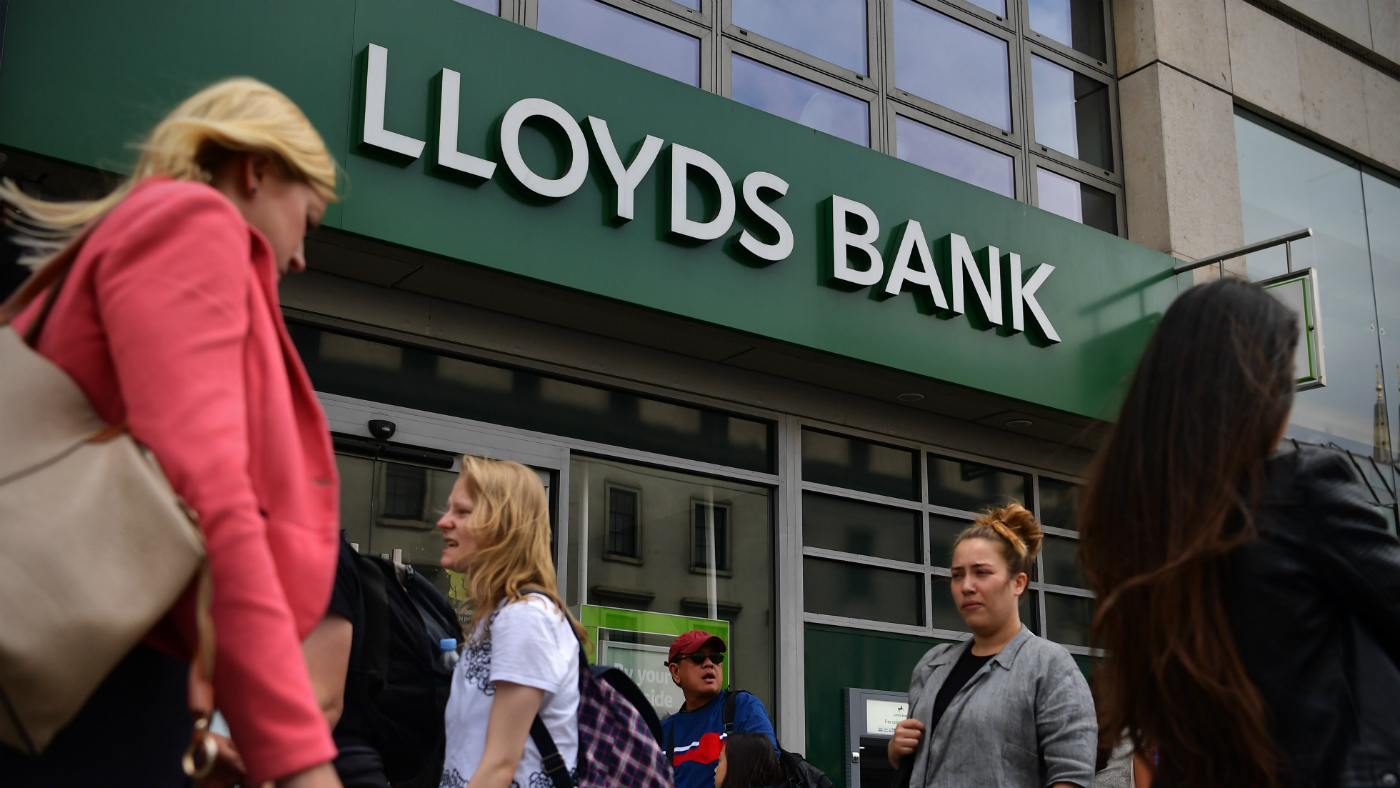Leftover foreign currency: what to do with it
Do you have foreign cash piling up in drawers? Here's how to put it to good use

A free daily email with the biggest news stories of the day – and the best features from TheWeek.com
You are now subscribed
Your newsletter sign-up was successful
Summer holiday season is upon us, which means many of us will be planning the big annual getaway to the sun. A major consideration when travelling overseas is always how much money to change up – after all, you don't want to be left with useless foreign currency when you're back.
Visa Europe estimates that most of us come home from our holidays with around £30 in unused cash, which many of us stick in a jar and forget all about it. Do that every year and you could soon have hundreds of pounds worth of useless cash lying around. The Daily Telegraph cites research from Zopa which states Brits have on average £110 lying around, which equates to around £2.9bn of discarded currency across the country.
If you have leftover holiday money in a currency you know you will use again, it might be worth putting it somewhere where you will remember to take it with you next time you go – inside your 'holiday wallet' for example. But if it is a large sum you could be better off converting it back into sterling, banking it and earning some interest until your next trip abroad.
The Week
Escape your echo chamber. Get the facts behind the news, plus analysis from multiple perspectives.

Sign up for The Week's Free Newsletters
From our morning news briefing to a weekly Good News Newsletter, get the best of The Week delivered directly to your inbox.
From our morning news briefing to a weekly Good News Newsletter, get the best of The Week delivered directly to your inbox.
Hopefully when you bought your foreign currency you shopped around to get the best possible exchange rate. You should do the same when it comes to getting rid of it. You can compare the best buyback rates at MoneySavingExpert TravelMax. It's also worth grouping together with other people from your holidays: usually the more money you exchange the better the rate you'll get.
Some bureaux de change, including Travelex and the Post Office, offer a buy-back guarantee, which means they will take back your leftover currency at the rate at which you bought it at. You usually have to sign up for the guarantee when you pick up your money, but it does mean that you won't be left out of pocket if exchange rates move against you.
Unfortunately travel exchanges will only buy back notes not coins. If you have leftover coins then you could donate them to charity – most major charities are happy to receive donations in foreign currencies, and you can usually hand it over at your local charity shop.
Alternatively, you can sell foreign coins and defunct currencies online. Websites such as leftovercurrency.com or Cash4coins.co.uk will buy them from you. Rates vary but Leftovercurrency.com will currently buy 500 Francs for £54.75 or 500 Deutsche Marks for £119.77.
A free daily email with the biggest news stories of the day – and the best features from TheWeek.com
And what about if you decided to be use a travel debt card, such as the Travel Money Card from the Post Office? Well the card remains active for two years if not used, so you'll have plenty of time if you are planning to revisit the destination. You can also 'redeem' the money on the card, but again you'll do this at a rate which will probably be less favourable than when you bought the currency in the first place.
If you are heading abroad again soon it can be worth converting your holiday money straight into the next currency you will need. This will save you the expense of turning your money back into pounds and then into the next currency – although it's usually only possible with more frequently traded currencies such as dollars and euros.
Finally, Money.co.uk suggests selling the currency to a friend who is traveling to the same place. If the exchange has moved positively since you got the currency you should be able to agree on a mutually beneficial rate.
-
 How to Get to Heaven from Belfast: a ‘highly entertaining ride’
How to Get to Heaven from Belfast: a ‘highly entertaining ride’The Week Recommends Mystery-comedy from the creator of Derry Girls should be ‘your new binge-watch’
-
 The 8 best TV shows of the 1960s
The 8 best TV shows of the 1960sThe standout shows of this decade take viewers from outer space to the Wild West
-
 Microdramas are booming
Microdramas are boomingUnder the radar Scroll to watch a whole movie
-
 Brits keeping 21 million ‘money secrets’ from friends and family, survey reveals
Brits keeping 21 million ‘money secrets’ from friends and family, survey revealsSpeed Read Four in ten people admit staying quiet or telling fibs about debts or savings
-
 London renters swap cramped flats for space in suburbia
London renters swap cramped flats for space in suburbiaSpeed Read New figures show tenants are leaving Britain's cities and looking to upsize
-
 Should the mortgage holiday scheme have been extended?
Should the mortgage holiday scheme have been extended?Speed Read Banks warn that some homeowners may struggle to repay additional debt
-
 RBS offers coronavirus mortgage holidays
RBS offers coronavirus mortgage holidaysSpeed Read Taxpayer-owned bank follows measures taken in virus-struck Italy
-
 What are the changes to National Savings payouts?
What are the changes to National Savings payouts?Speed Read National Savings & Investments cuts dividends and prizes for bonds
-
 China clears path to new digital currency
China clears path to new digital currencySpeed Read Unlike other cryptocurrencies, Beijing’s would increase central control of the financial system
-
 Why are donations surging to the RNLI?
Why are donations surging to the RNLI?Speed Read Charity enjoys flood of funding after criticism for overseas work
-
 PPI deadline day: how to claim
PPI deadline day: how to claimSpeed Read Final chance for consumers to apply for compensation